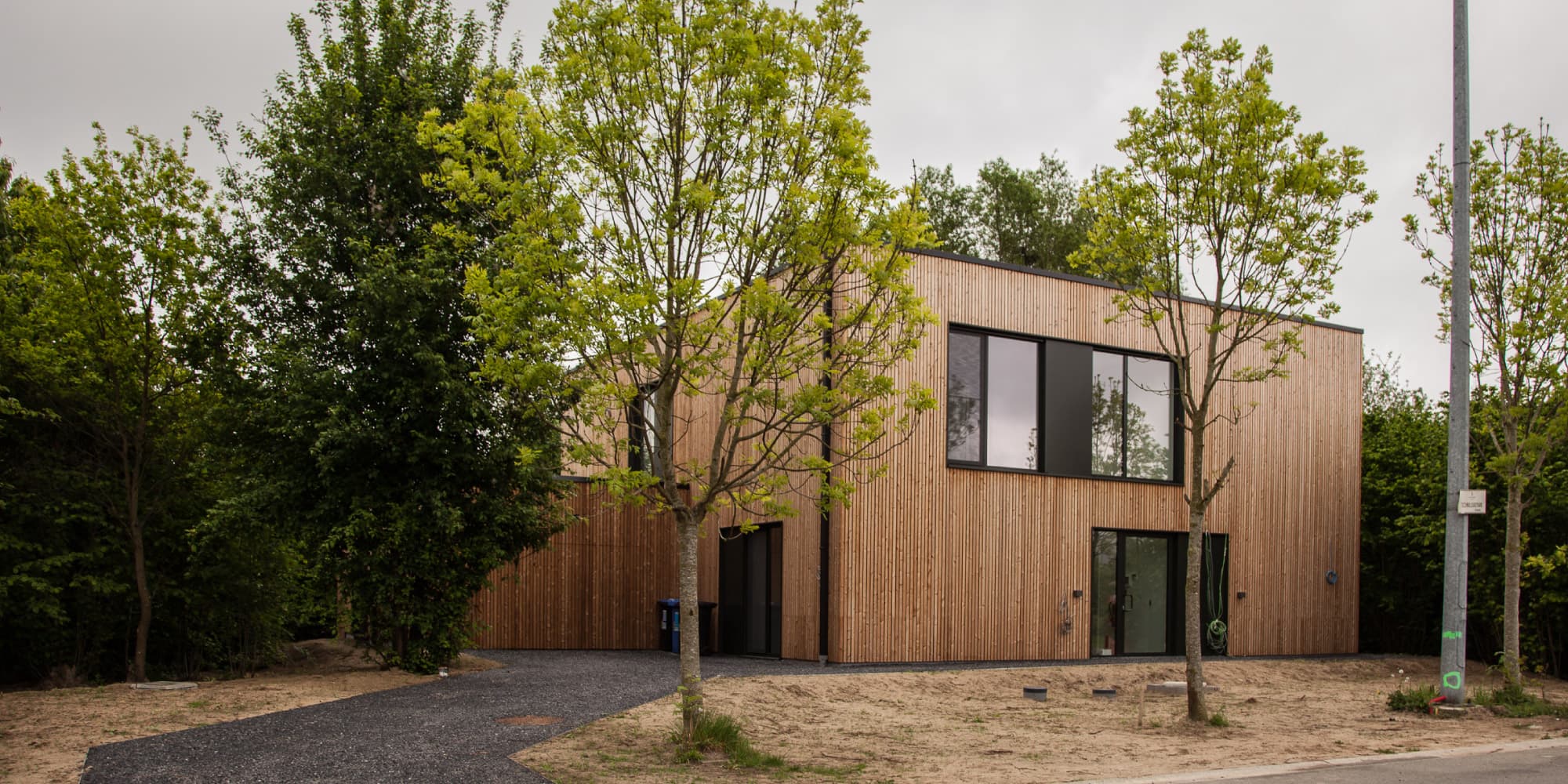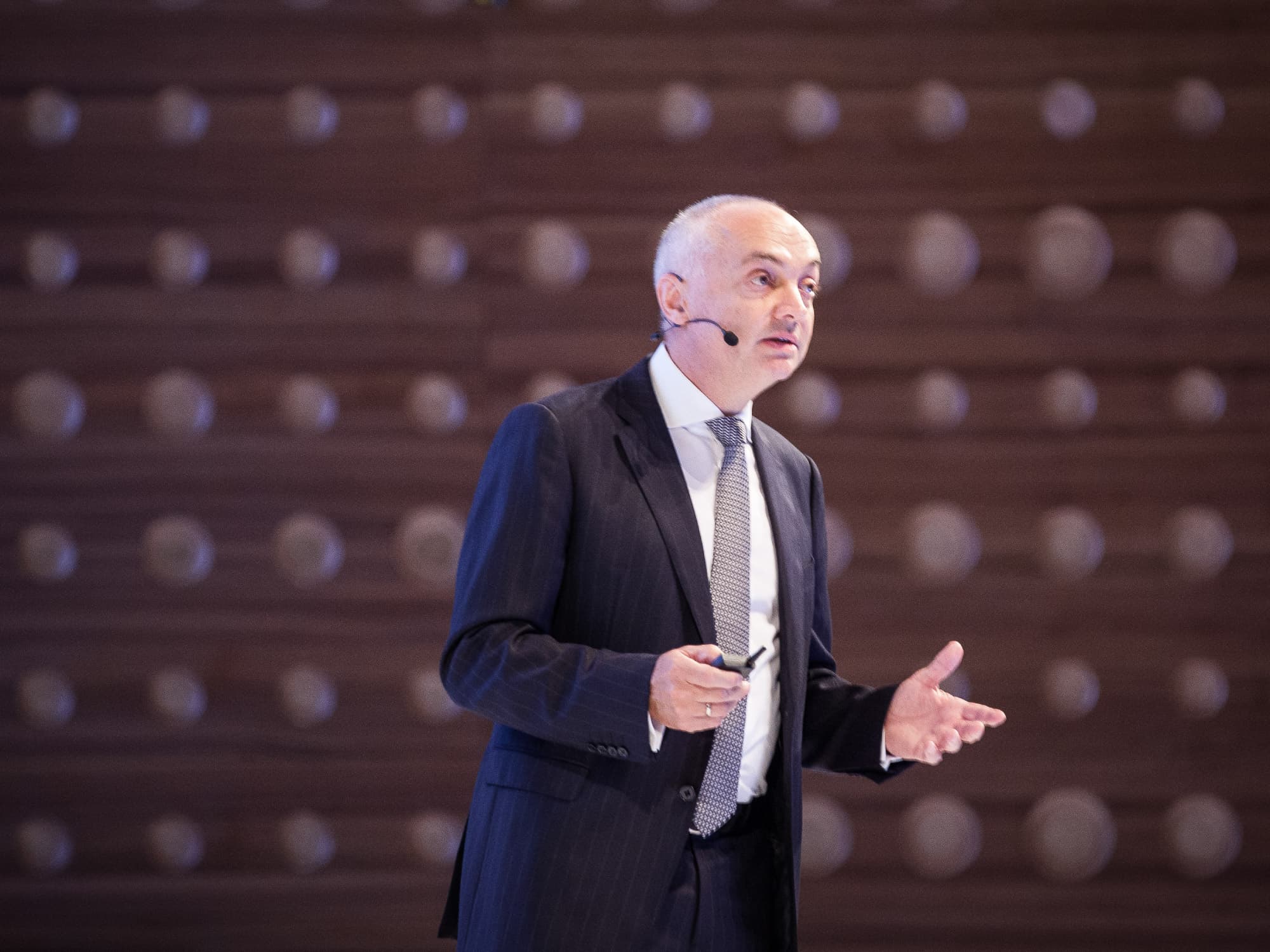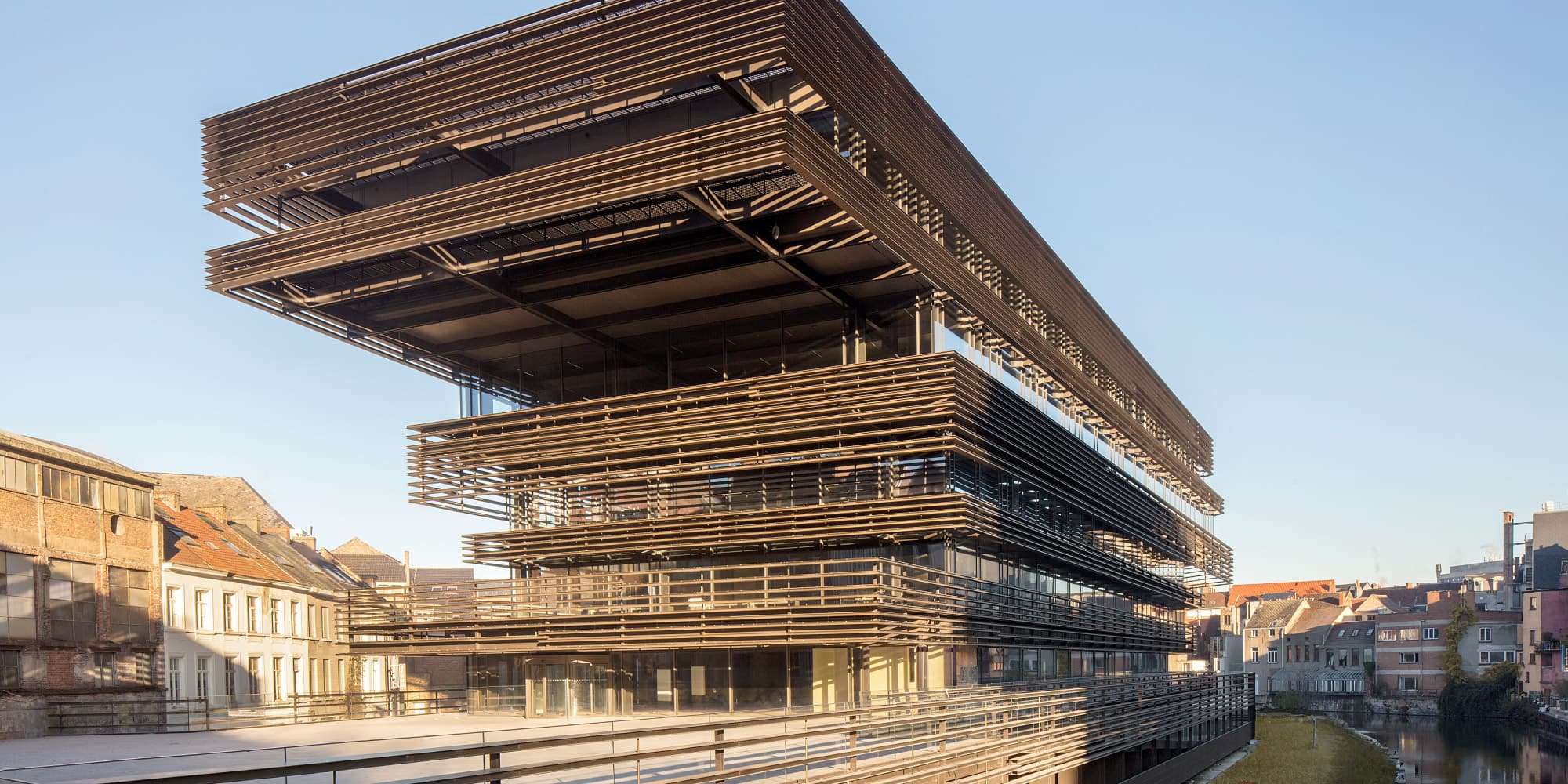In an increasingly faster-paced world, companies are pressured to get their innovations to the market as swiftly as possible – and get it right the first time. How can they do so? By involving users, partners and other stakeholders in their innovation process. In order to prove the power of co-innovation – and trigger its workers towards a new way of working – the Flemish Government, in close collaboration with imec.livinglabs, launched GovLab, an initiative empowering civil servants to ideate, co-create and test new products and services for (and with) citizens. The project – one of the leading examples of imec’s Living Lab expertise – is nominated for Best Living Lab Project of 2016 by the European Network of Living Labs (ENoLL).
Towards a more agile Government
Public intrapreneurship is the act of behaving like an entrepreneur within a government or public institution. This is the idea behind GovLab: to change the mindset of – and infuse a start-up mentality into – Flemish civil servants. They are invited to submit ideas for innovative products or services that adhere to four main principles: Digital First (focus on digital innovation); Ecosystem Thinking – both internally (by encouraging ideation and teamwork across departments) and externally (by promoting co-development with citizens); Value for Citizen (ideas should reflect people’s wants and needs); and Data-Driven (focus on projects based on Linked Open Data, making use of both the government’s gross amount of available data).
Currently in its second edition, the initiative is now one of the flagships of imec.livinglabs – showing how its innovative approach can benefit companies and organizations, by putting users (in this case, citizens) center-stage along the entire development project.
“GovLab is the best example of what we do,” states Dimitri Schuurman, Team Lead for User Research at imec.livinglabs. “It is a very broad project that brings together a lot of our tools and methods.”
One successful pilot, four high-potential ideas
While spearheaded by the Flemish Government – who was also in charge of project selection – GovLab was ultimately shaped by imec.livinglabs. As one of the main partners, the team was responsible for the program’s design and format, for coaching the teams and organizing all workshops, classes and co-creation sessions with citizens from imec.livinglabs’ own user panels. Little Miss Robot, the third GovLab partner provided prototyping support during the final stage of the program.
For the first edition of GovLab, 76 ideas were submitted, of which 18 were selected. A total of 30 people participated in an innovation boot camp organized by imec.livinglabs, which took place in April 2016. In the course of a single week, participants formed teams and iteratively improved their ideas together with citizens, who questioned and challenged the groups, forcing them out of their confort zone.
“The co-creation sessions were crucial,” acknowledges Dimitri Schuurman. “By listening to citizens’ feedback, the teams were able to test and debunk some of their original assumptions, and steer their ideas in the right direction.”
Ultimately 10 ideas were selected to pitch to a jury of leading civil servants. Four teams were then chosen and given the opportunity to develop their ideas into prototypes, supported by imec.livinglabs and Little Miss Robot:
> Parkadvisor : an application to help disabled people find a parking spot suited to their specific needs. The solution is based on open data from the government on the existing parking spots for disabled people. The team developed an API which can now be taken up by private companies for the development of the mobile app.
> Hi app : a solution to help disadvantaged, struggling jobseekers (e.g. immigrants, disabled, seniors or low-skilled people) connect with the right people and get relevant information to find a job suiting their qualifications. Their beta version (available in the App Store and Google Play) is aimed at helping refugees’ integration in the country, by introducing them to the Belgian job market.
> Deel Mijn Data (‘Share My Data’): an application that offers citizens an overview of what data they share with which public organizations and that allows to quickly review and revise data if necessary. The project is currently in concept-stage.
> Digitale Vaccinatiekaart (‘Digital Vaccination Pass’): an online record of your vaccination history. The project is currently in concept-stage.
Practicing what Living Labs preach
In the second edition of GovLab, the call for submissions has been replaced by an Innovation Fair, a one-day event which took place in February 2017, with inspirational talks and workshops from experts (including imec) on subjects such as Virtual Reality, Artificial Intelligence, Blockchain and the Internet of Things. Participants could then pitch their ideas to the crowd and form teams accordingly.
“In the first edition, we were mainly looking for ideas. However, we quickly realized that having the right people together was much more important than looking for the right idea to begin with,” explains Dimitri Schuurman. “That’s what we tried to do with the Innovation Fair – bringing together innovative, creative people that share the same mindset and willingness to drive change.”
Imec.livinglabs flexibility was essential for GovLab’s success. Dimitri Schuurman elaborates: “In the first edition of such a big project, it’s only normal to face unexpected issues. However, our team was able to deal and adapt to every situation smoothly, resulting in a successful, fruitful initiative for both participants and partners. We’ve also used these experiences to fine-tune the format of the second edition – in other words, we’ve applied a Living Lab approach to our Living Lab project.”
The second GovLab boot camp will take place from April 18th to 21st, when the jury will select the projects who will receive follow-up support for development. Dimitri Schuurman concludes: “I think this is the start of a fruitful, long-term collaboration between imec.livinglabs and the Flemish Government.”

Dimitri Schuurman is a Team Lead for User Research at imec.livinglabs and a Senior Researcher at imec-mict-UGent, in Belgium. Together with his team, he developed a specific living lab offering targeted at entrepreneurs in which he has managed over 100 innovation projects. Dimitri is responsible for the methodology and academic valorization of these living lab projects and coordinates a dynamic team of living lab researchers. In 2015 he succesfully defended his PhD on Living Labs at Ghent University and VUB. In the same year his literature review on the topic earned him the Best Paper Award by the European Network of Living Labs (ENoLL).
Published on:
5 April 2017













